Amorim Retains the Backing of the United Board – But For How Long?
The crisis at Manchester United deepens with every passing week, yet one constant remains: Ruben Amorim still retains the backing of the United board. Publicly, at least, the hierarchy continues to project stability, insisting they will support their manager until the day they are forced to sack him. In practice, however, this support looks increasingly like an illusion, a holding pattern that does little to change the reality on the pitch.
The truth is simple: there is no longer a credible argument to keep Amorim in the Old Trafford dugout.
—
The “Backing” That Means Nothing
When football executives issue statements about a manager having “the board’s full backing,” it often translates into the opposite. History at Manchester United, and across football in general, tells us that these declarations are little more than a precursor to dismissal. The board are not blind; they see the performances, they see the results, and they feel the weight of fan anger. Their public assurances are meant to buy time, calm speculation, and perhaps stabilize dressing room morale.
Amorim, like many managers before him, finds himself clinging to this faintly hollow reassurance. The message is that he will not be abandoned, but what the club really means is that they will hold onto him only until keeping him becomes utterly indefensible.
—
Results Define Everything
Managers live and die by results. Amorim’s United have been consistently disappointing, not only in terms of scorelines but also in performances. Losses to sides like Brentford, Wolves, and mid-table opposition have exposed the team’s fragility. Even in games where points were salvaged, United looked disjointed, lacking intensity, and unsure of identity.
The Portuguese coach arrived with the promise of injecting a bold tactical philosophy—possession-based football with intensity, pressing, and dynamic transitions. What has been delivered instead is a muddled imitation: too passive in attack, too vulnerable in defense, and nowhere near resilient enough to compete at the top level.
The statistics are damning. United concede too many goals from simple defensive lapses, lack creativity in midfield, and rely almost exclusively on individual brilliance from players like Bruno Fernandes, Marcus Rashford, or Kobbie Mainoo to mask structural failings. This is not the blueprint of a sustainable project.
—
The Dressing Room Atmosphere
Reports have circulated that the dressing room is beginning to lose faith in Amorim’s methods. While some players still respect his tactical vision, the lack of clarity and consistency has bred frustration. Senior figures within the squad are questioning why certain players are continuously selected despite poor form, while others are marginalized without explanation.
This kind of internal tension is dangerous. Once players begin to doubt their manager, performances inevitably suffer further. Effort levels drop, motivation wanes, and the cohesion required at elite level disappears. If the board cannot sense this erosion of trust, they are willfully ignoring one of the biggest warning signs.
—
The Fans Have Turned
If there was once patience for Amorim as a young coach trying to impose his philosophy, that patience has evaporated. United fans, who have endured a decade of false dawns since Sir Alex Ferguson’s retirement, are unwilling to tolerate yet another long-term “project” that appears doomed from the start.
The chants from the terraces have grown restless. Social media discourse has turned toxic. Pundits and ex-players—once willing to offer Amorim breathing room—now openly question his suitability for the job. When the supporters and legends who carry the cultural weight of a club turn against a manager, the end is usually a matter of “when,” not “if.”
—
The Board’s Dilemma
Manchester United’s board finds itself caught in a familiar bind. On one hand, they are reluctant to pull the trigger too quickly and appear reactionary. They have already burned through managers in recent years—David Moyes, Louis van Gaal, José Mourinho, Ole Gunnar Solskjær, Erik ten Hag—and each sacking has carried financial and reputational costs. They want to prove that they can stick with a coach, give him time, and avoid being branded as trigger-happy owners.
On the other hand, continuing to back a failing manager has its own risks. Results spiral further downward, Champions League qualification slips away, and the club becomes an unattractive destination for elite players. The longer the board hesitates, the worse the long-term damage becomes.
—
No Credible Argument to Stay
So what reasons remain to justify keeping Amorim?
Patience for a young coach? That argument has already run dry. Amorim may be young, but he was hired to deliver immediate progress, not languish in mediocrity.
Stability? United are anything but stable. The performances are chaotic, the fanbase is hostile, and the players look unconvinced.
Financial concerns? While sacking him will be costly, keeping him and missing out on Champions League revenue would be far more expensive.
Lack of alternatives? There are credible candidates available—from established tacticians to interim solutions. United have been here before and found replacements quickly.
Every justification collapses under scrutiny. The only thing truly keeping Amorim in the role right now is inertia: the board’s fear of admitting another failed appointment.
—
The Sir Alex Shadow
Every Manchester United manager since Ferguson has been judged against his colossal shadow. While this may not be entirely fair, it is the reality of managing one of the biggest clubs in the world. Amorim’s failure is not just about failing to reach Ferguson’s heights—it’s about failing even to match the baseline expectations for a modern United side. Competing for the top four, demonstrating a clear tactical identity, and making progress in Europe are the minimum requirements. Amorim has fallen short on every count.
—
The Inevitable End
The language around Amorim has already shifted. What was once described as a “long-term project” is now framed as a “wait-and-see” situation. What was once hailed as a bold tactical revolution is now criticized as naïve experimentation. Public declarations of support mean little when the tide of opinion has already turned against him.
United’s board may claim they back him until the day he is sacked—but that day is drawing nearer with every poor performance. When a manager loses the dressing room, the fans, and the pundits, the end is inevitable.
—
Conclusion: A Club Stuck in Limbo
Manchester United are, once again, stuck in limbo. They insist Amorim has their backing, but this is a charade. The truth is that Amorim’s position is untenable, and no credible argument exists to keep him in charge.
The board will drag their feet, as they always do, reluctant to admit another mistake. But football is ruthless, and results are unforgiving. Amorim’s tenure at Old Trafford is hanging by a thread. Whether it snaps next week, next month, or later in the season, the conclusion is already written: his time is almost up.
Until then, Manchester United remain in a holding pattern—backing a manager they no longer believe in, waiting for the inevitable moment when he is finally shown the door.
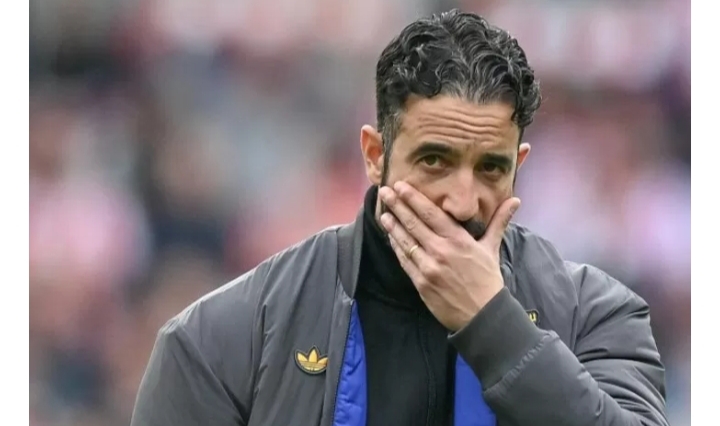
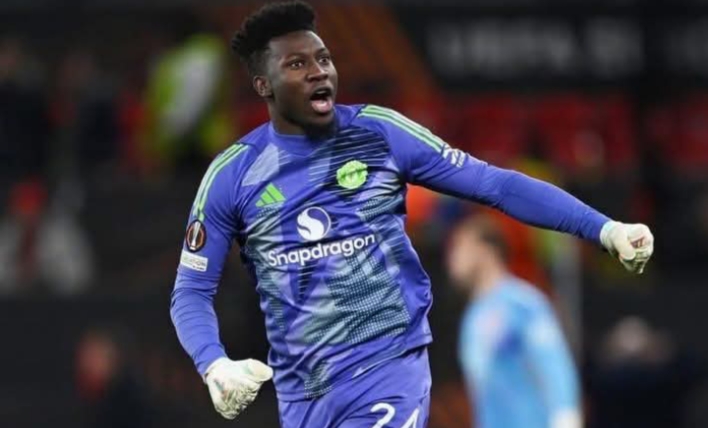

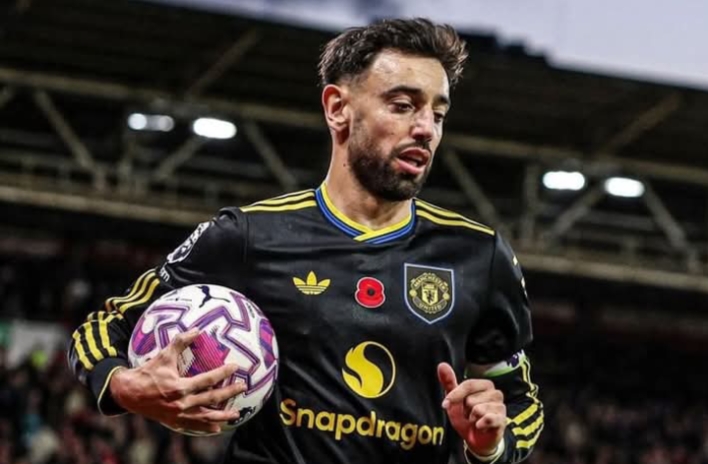
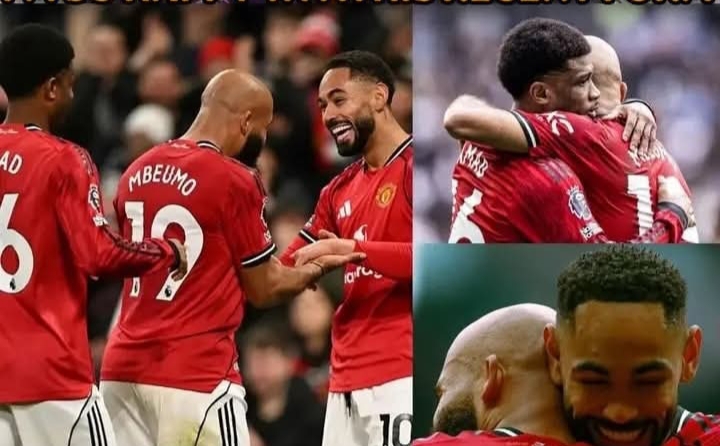
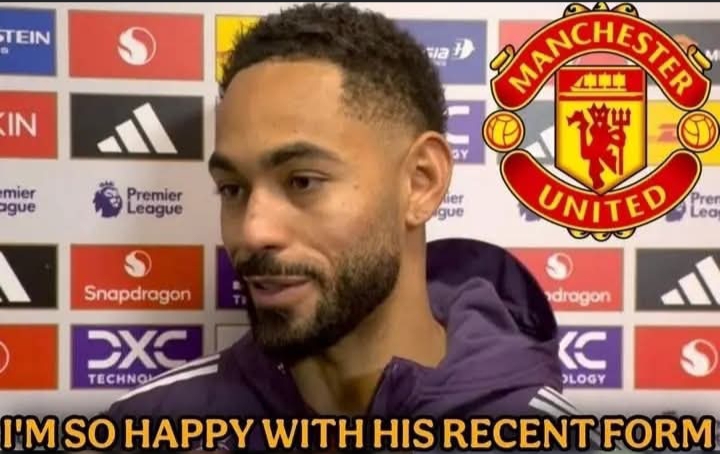

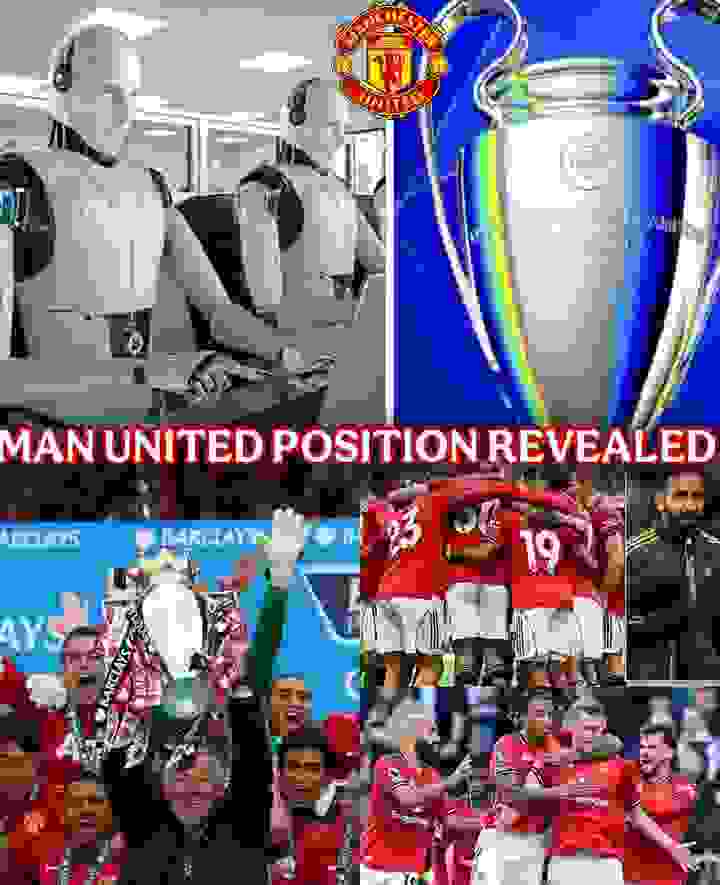


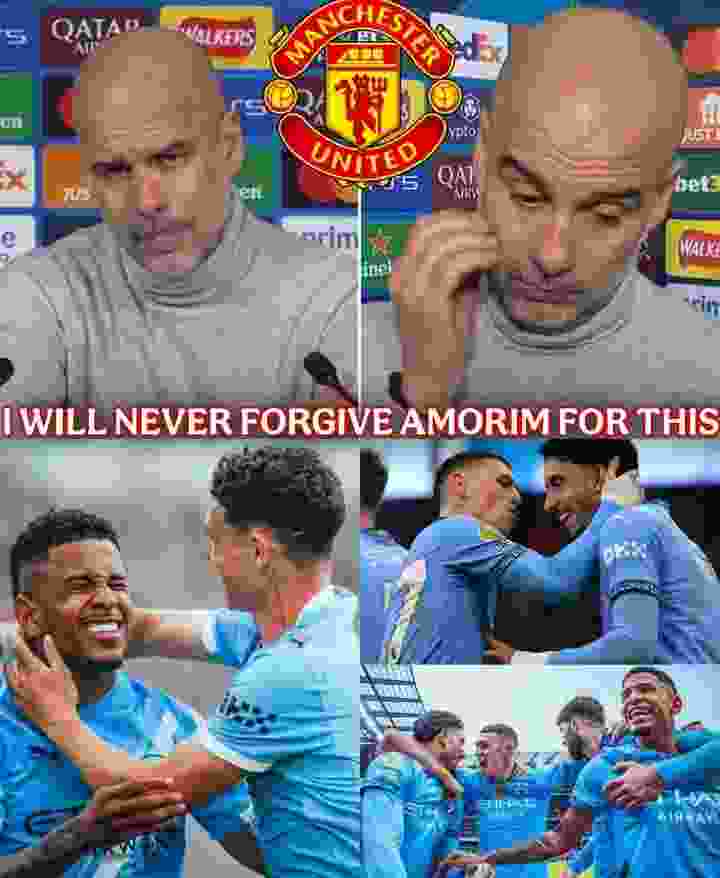
Leave a Reply